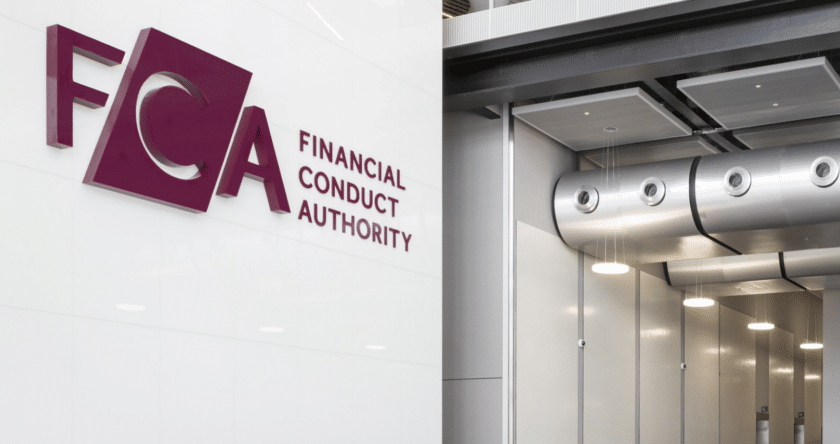Nine in ten advice firms are confident they have met the key outcomes of Consumer Duty, a new report from Dynamic Planner has revealed.
This was despite regulation previously being cited as the leading headache for 2023 by a quarter of firms.
The annual Spotlight Report ‘Resilient and Embracing Opportunity: The financial advice landscape in 2023’ found that technology has been a key enabler, with 85% of this group saying it has improved their ability to serve clients and close to three quarters believing it is also helping them to meet regulatory requirements.
Yasmina Siadatan, chief revenue officer at Dynamic Planner, said: “The financial advice industry has embraced technology and its ability to help firms meet regulatory requirements, whilst unlocking productivity gains and deepening client relationships. Advisers were faced with a significant test this year in the form of Consumer Duty but despite the challenges, the mood is one of resilience and looking to the future.”
Dynamic Planner said that firms continue to increase adviser numbers and 70% of advisers are servicing more clients than they were three years ago, with half of firms seeing an increase in new client enquiries during the period.
Almost two thirds of those surveyed from larger firms also expect to actively grow their business over the next five years.
However, there was a divide between the larger players and smaller firms, with the latter most likely to have reduced adviser numbers and close to a third of those in single-adviser firms looking to retire or sell up.
Advisers aged 55 and over are also most likely to have reduced their client load over the past three years, while more than 70% of advisers aged 60 and over expect to retire or sell their business in the next five years.
Firms also identified significant barriers to serving lower-value clients, with time the leading issue (66%), followed by profitability (64%) and regulation (37%). A further 11% felt lack of demand was an issue. For those firms requiring a minimum level of investable assets, the most common threshold is £100,000.
Siadatan added: “Overall, despite the economic environment and regulatory shift, the mood is positive, and some of the challenges may be easing as 2023 draws to a close. Although Consumer Duty implementation has not been easy with firms viewing regulation as their biggest headache – they also are confident they have got it right.
“Firms are making significant productivity gains through the use of apps, tools and other new technologies, allowing advisers to service more clients more efficiently. As these efficiencies grow, firms could unlock the ability to service lower-value clients – something they currently identify as too time-consuming for the profits available.”






























